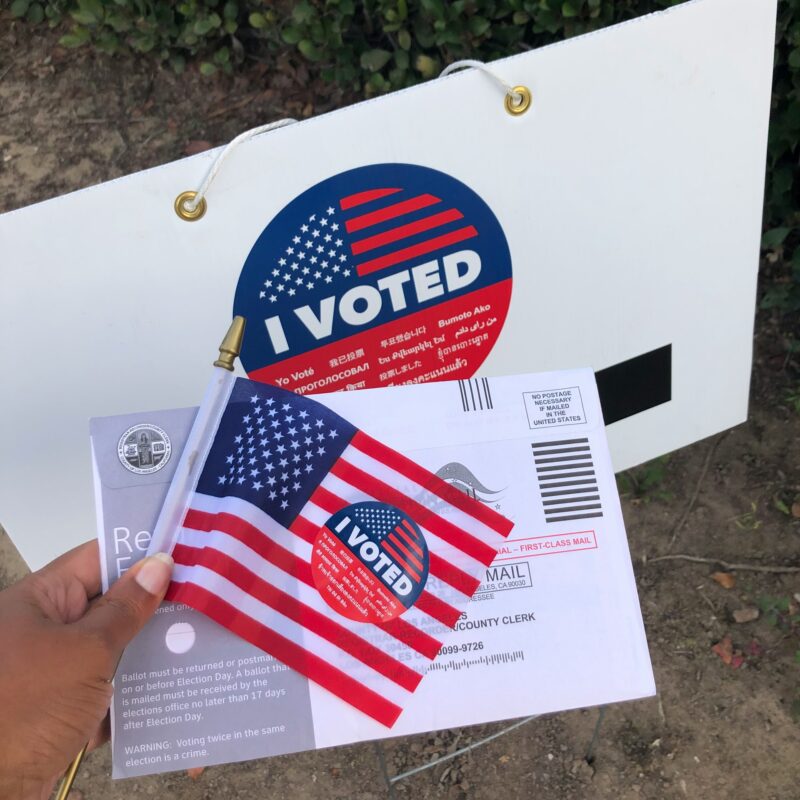Georgia Election Board’s Bold Move: New Rule for Election Integrity
A Controversial Decision
In a dramatic shift that has set off a firestorm of debate, the Georgia Election Board has approved a new rule designed to enhance election integrity. This rule requires election workers to compare the total number of ballots cast with the total number of unique voter ID numbers. The intention? To ensure that every vote is legitimate and any discrepancies are thoroughly investigated before results are certified.
However, this initiative hasn’t come without its critics. The Democratic National Committee (DNC) and the Democratic Party of Georgia have pushed back fiercely, filing a lawsuit to challenge the implementation of this new rule. Their opposition reflects broader concerns about electoral processes across the nation.
The Details Behind the Rule
The specifics of this new rule are straightforward but significant. By 3 PM on the Friday following an election, officials must review precinct returns—including absentee and provisional ballots—and compare them against the total number of unique voter IDs. If any precinct shows more ballots than unique IDs, counties must hold off on certification until a thorough investigation addresses potential fraud.
This means that only after resolving all discrepancies can results be officially certified. This move is intended to guarantee that every recorded vote truly reflects what voters want.
Empowering Oversight: A Closer Look
The new rule also empowers members of the election board to closely examine all documentation related to the election process prior to certifying results. If fraud is detected during these checks, they are required to report their findings to district attorneys for further action. It’s an added layer of scrutiny aimed at ensuring transparency in elections.
Opposition from Democrats: Concerns About Delays
Despite these measures aimed at enhancing electoral transparency, critics from the DNC argue that such rules could lead to delays in certification and disrupt the entire election process. They have petitioned courts, asserting that under Georgia law, certifying election results is not just important—it’s mandatory! There’s no room for discretion from election superintendents when it comes to certification timing, they argue.
The plaintiffs contend that if these rules aren’t viewed within this legal framework, they should be blocked as an overreach of authority by the board.
A Political Divide: Praises and Criticism
The controversy surrounding this rule has further deepened political divisions in Georgia. Republican board members like Janice Johnston, Rick Jeffares, and Janelle King—who staunchly support these changes—have garnered praise from none other than President Trump himself for their commitment to “honesty, transparency, and victory.” They emphasize that certification shouldn’t be treated as a mere formality; it should involve careful review processes to ensure accuracy.
Governor Kemp’s Involvement: A Complicated Landscape
Add another layer of complexity: Governor Brian Kemp has reached out for guidance from Georgia’s Attorney General regarding his power to remove board members who are implementing these reforms. His involvement highlights how contentious this situation is becoming as various stakeholders grapple with balancing robust election security against timely certification procedures.
A Flashpoint in National Debate
As legal battles unfold around this new regulation, it serves as a flashpoint in America’s ongoing national conversation about securing electoral integrity while ensuring every vote is counted fairly and efficiently. What do you think? Are these measures necessary for safeguarding our elections or do they risk delaying democracy? We want your thoughts!


Leave a Comment